French President Emmanuel Macron wants to invigorate the European Union as a global power and spurn the populist nationalism that threatens to undermine its success. But he knows it requires cooperation with the United States—which makes his strange bedfellow in the White House so crucial to his agenda. This piece originally appeared in the Washington Post.
When Emmanuel Macron arrives at the White House this month for the first state visit by a foreign leader during President Trump’s administration, the encounter will serve as a stark reminder that the fate of the Western alliance now lies in the hands of one of history’s oddest diplomatic couples.
Macron, who at 40 is three decades younger than Trump, disdains the president’s abrasive nature and many of his policies, notably on Iran and climate change. The French president prefers books, ideas and lofty intellectual conversation to the aggressive transactional style embodied by Trump, who favors television over written text.
And yet, improbably enough, the two personalities have bonded in ways their predecessors never did. Trump was so impressed as Macron’s guest at last year’s Bastille Day military parade that he now wants to emulate that tradition in the United States. They got along so famously during early meetings that even close aides expressed astonishment at their blossoming bromance. Last week, they consulted frequently over the phone about the joint airstrikes that were launched to punish Syria for its apparent use of chemical weapons.
Trump speaks to Macron at least once or twice a week on a wide range of subjects—more often than with any other leader. The two presidents share the status of political outsiders who never previously held elected office and have thoroughly disrupted the traditional ruling establishments in their countries.
Macron is renowned for his seductive use of flattery and employs his skills to good effect with the White House. Other European leaders refer to him as the “Trump Whisperer” and encourage the French leader to use his unique influence to ease friction in various transatlantic disputes.
Trump’s esteem for Macron has elevated France’s clout. Despite Germany’s economic power, France enjoys superior status as a recognized nuclear power and one of five permanent members of the U.N. Security Council. While Trump has often attacked Germany for its mercantilist trade policy, he has shown appreciation for France’s military cooperation. Under Macron, French troops have become America’s most active military ally in the fight against the Islamic State in Syria, Iraq and Africa.
Indeed, less than a year after becoming France’s youngest head of state since Napoleon, Macron has emerged as a pivotal leader of the Western world. He has moved into the political vacuum left by the retreat of the United States after seven decades of global dominance. And with German Chancellor Angela Merkel in the twilight of her career after 12 years in office, as well as Britain’s Prime Minister Theresa May being preoccupied with Brexit, Macron has seized the initiative and taken bold actions on behalf of Europe.
According to diplomats in several countries, Macron personally coordinated the expulsions of Russian diplomats from Western countries following the use of a nerve agent to poison Sergei Skripal, a Russian former double agent living in Britain. During at least two phone calls, Macron urged Trump to take stern measures and exercise the maximum option in ousting 60 Russians from diplomatic posts in the United States. France expelled four Russian diplomats, but Macron has kept open a line of communication with Russian leader Vladimir Putin. He spoke to Putin on Friday about the Western airstrikes against Syria, and he also plans to meet with Putin next month in St. Petersburg.
During recent trips to China and India, Macron sought to build a new strategic dialogue for Europe on trade and security issues with the world’s most important emerging powers. At the same time, he has capitalized on France’s colonial legacy in Lebanon and Syria to play a critical role in developing a new Western strategy to broker an end to civil war. On Iran, Macron is seeking to persuade Trump not to abandon the nuclear accord and is exploring a possible compromise with Tehran that would keep the agreement alive.
Macron’s hectic pace—he is said to sleep no more than four hours a night—worries his supporters, who fear he is trying to do much too soon in his presidency. He has launched a wave of labor and social reforms designed to modernize France and adapt its economy to 21st-century global competition. The bewildering pace of change has provoked street protests, but Macron insists there can be no turning back or else France will fall further behind the rest of the world.
Macron also wants to invigorate the European Union as a global power and spurn the populist nationalism that threatens to undermine its success in building peaceful and prosperous relations among former adversaries. But he also realizes that France and Europe can achieve such ambitions only in tandem with the United States—which makes his strange bedfellow in the White House so crucial to his agenda.
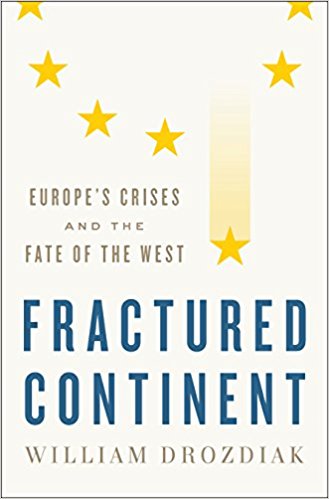
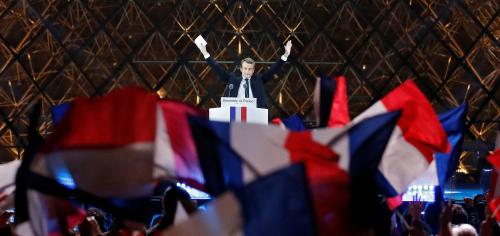
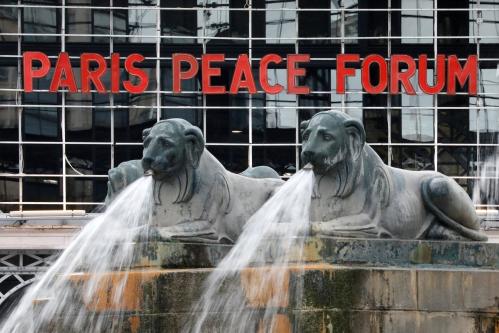
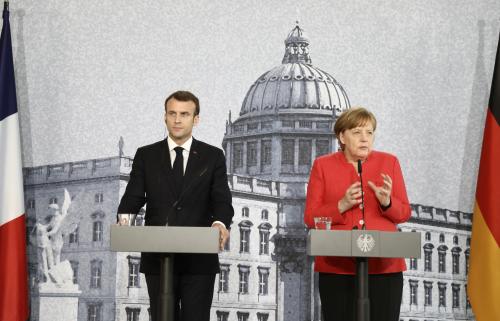

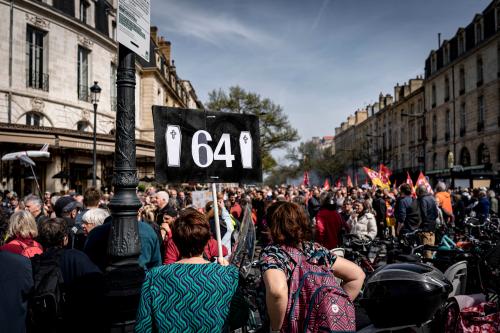
Commentary
The fate of the Western alliance is in Macron’s hands
April 20, 2018